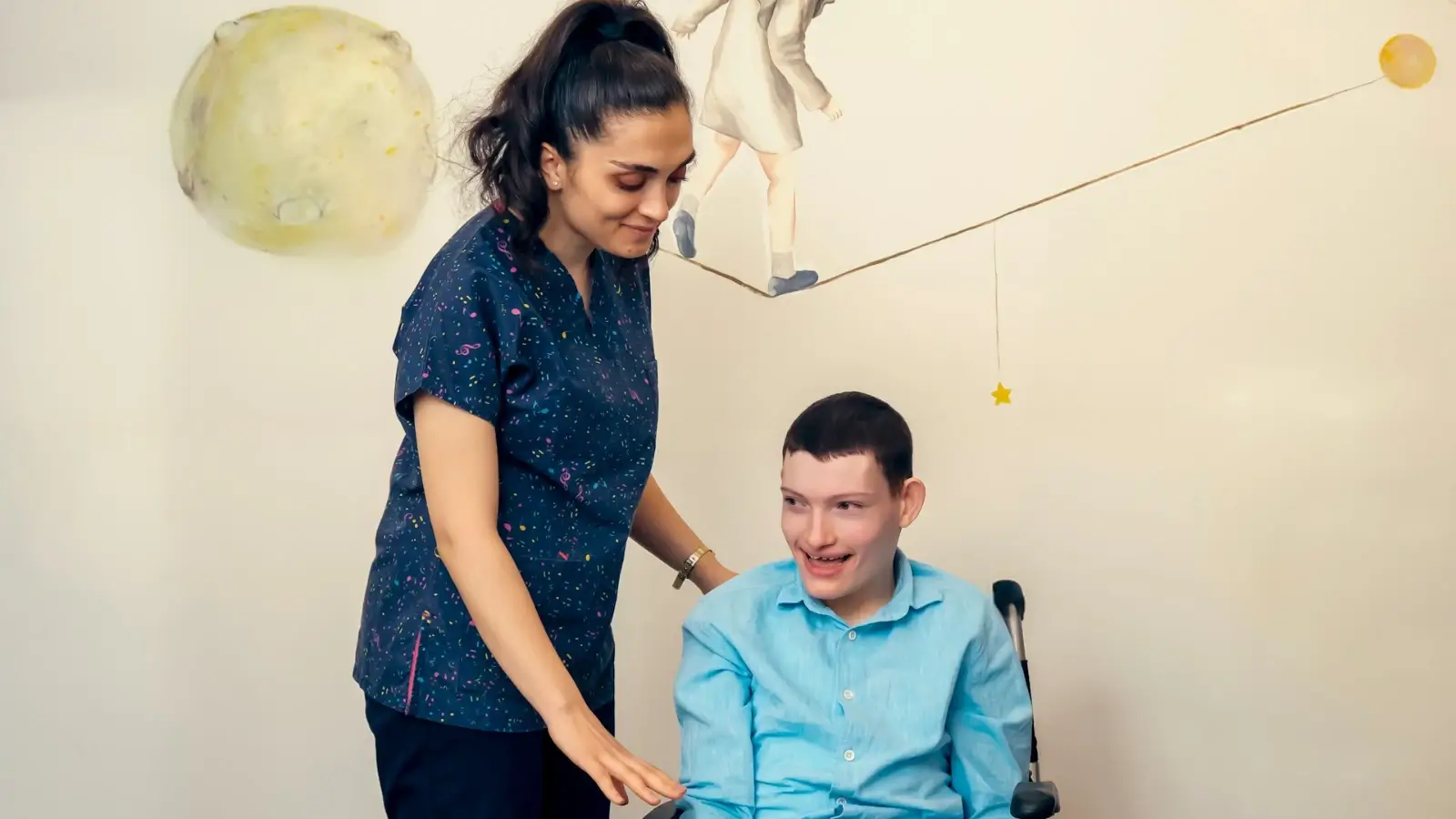


The NDIS physiotherapy programme plays a pivotal role in supporting individuals with varied physical disabilities. The aim is to foster enhanced mobility and overall better quality of life. This article attempts to elucidate the vital function physiotherapy holds within the NDIS framework, and its impact on the lives of participants.
Physiotherapy under the National Disability Insurance Scheme (NDIS) is a therapeutic approach designed to cater to the unique needs of individuals with disabilities. It comprises various interventions aimed at maximising physical function and promoting independence in daily activities.
The National Disability Insurance Scheme was established to provide Australians under the age of 65, who have a permanent and significant disability, the necessary support to enjoy an ordinary life. Within this system, physiotherapy services are offered to enhance mobility and assist persons in achieving their goals related to physical health and movement.
Mobility is a cornerstone of independence. The ability to move freely grants access to a wider range of activities, from personal care to professional opportunities. With the assistance of NDIS physiotherapy, participants can work towards overcoming the physical barriers posed by their conditions.
Improved mobility through physiotherapy not only caters to physical well-being but also bolsters mental health. As individuals gain more autonomy in movement, there is often a noticeable uptick in self-esteem and a reduction in feelings of isolation.
Under the NDIS, physiotherapy services are meticulously tailored to the individual. Practitioners conduct comprehensive assessments of the participant's condition and craft personalised plans that align with their specific goals.
These customised programmes might include a variety of interventions, such as strength and endurance training, balance and coordination activities, and specialised mobility equipment training. This personalised approach ensures that each participant receives care that is directly aligned with their personal objectives and physical capabilities.
Physiotherapists working within the NDIS infrastructure offer support for a broad spectrum of conditions. This includes, but is not limited to, neurological disorders, musculoskeletal dysfunctions, and congenital disabilities. Each condition requires a nuanced approach to physiotherapy, which NDIS providers are equipped to deliver.
For instance, someone with a spinal cord injury might focus on regaining core stability, while an individual with cerebral palsy may work on fine-tuning motor skills. This diversity in treatment allows the programme to benefit a wide array of participants.
An integral component of NDIS physiotherapy is the collaboration with other healthcare providers. This multidisciplinary pursuit ensures that participants receive comprehensive care that addresses all aspects of their well-being.
Physiotherapists often work alongside occupational therapists, speech pathologists, and psychologists, to name a few, to ensure that all therapeutic needs of the individual are met and synergistically managed.
There are countless success stories of individuals whose lives have been significantly improved through NDIS physiotherapy. These narratives often reflect remarkable journeys of participants advancing from limited mobility to accomplishing tasks they never thought possible.
These anecdotes underscore not only the transformative physical changes but also the emotional empowerment that can occur when individuals are supported in their effort to reclaim autonomy over their movement.
The realm of physiotherapy is ever-evolving, and NDIS providers are at the forefront of adopting the latest technologies and innovative practices. This includes the use of virtual reality for motor skill development, robotic devices for gait training, and telehealth services to provide remote support.
Embracing such advancements ensures that NDIS physiotherapy remains cutting-edge and responsive to the changing needs and lifestyle of its participants.
For individuals seeking to benefit from NDIS physiotherapy, the first step is to become an NDIS participant. Upon entering the scheme, participants work with NDIS planners to identify their goals and the support needed to achieve them.
Once physiotherapy services are included in the participant's NDIS plan, they can engage with registered providers to commence their therapeutic journey. The process is designed to be person-centred and goal-oriented, with ongoing reviews to track progress.
The importance of NDIS physiotherapy in enhancing mobility and improving lives cannot be overstated. It offers more than just physical support; it enables participants to reengage with their communities, pursue their ambitions, and improve their overall well-being.
The effectiveness of NDIS physiotherapy stems from its tailored approach, the expertise of the practitioners involved, and the robust structure of the NDIS itself, all of which are aligned with the ultimate goal of empowering individuals with disabilities to lead fulfilling and autonomous lives.